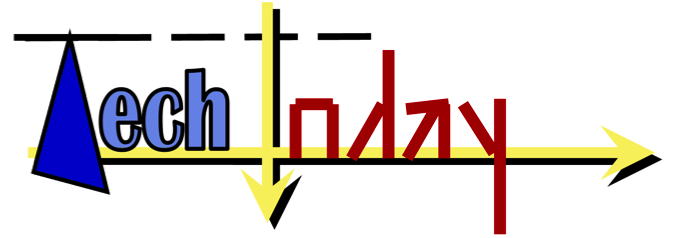ARTICLE AD
An innovative health technology data project in Moray, Scotland has been named best Up and Coming TEC innovation at the ITEC (International Technology Care) Awards 2024.
The project revolves around the generation and collation of holistic data of social determinants of health and is one of five ‘living labs’ being delivered by the Rural Centre of Excellence. The tech-driven pilot is aimed to address the unprecedented demand on health and social care delivery across the region, which is driven by longer life expectancy, higher demand on services and fewer healthcare professionals.
The £5m UK government-funded Rural Centre of Excellence for Digital Health and Care Innovation was launched in 2021 as part of the Moray growth deal. It is led by Scotland’s Digital Health and Innovation Centre. It is now piloting an approach that will see technology used to give more power to patients and carers, and to encourage the public to take proactive responsibility for their health and wellbeing.
Just last month DHI’s head, Professor George Crooks OBE, called for digital technology to drive the modernisation of Scotland’s integrated health and social care system.
Data sharing benefits
The sharing of relevant linked data across all aspects of patients’ lives is anticipated to help shift the balance of care toward self-management and community services in the first instance. This will help relieve pressure on frontline services and deliver more targeted and efficient care.
Dr Malcolm Simmons, GP clinical lead for Moray, and involved with the project said: “The development of the personal data store has the potential to overcome several significant practical difficulties patients, families, GPs, carers, and other professionals face when trying to share information that is used to optimise the care provided to an individual. With the person controlling who has access to their information, the individual can choose to share their information with everyone who is important to them, thereby allowing health and care teams to communicate more effectively, improving care for the individual at the centre of this model.”
He continued: “In the future, everyone could have access to this technology, allowing phone or tablet real-time access to results, health information and advice with up-to-date information about local resources and services that might help deal with health problems or encourage a healthier lifestyle.”
The collation and analysis of the data in the project is internationally unique and offers the potential for significant impact to both citizens and services through its ability to generate individual and population level insights. This enables enhanced self-management, early intervention and targeted resources.
Recruiting to the ‘living labs’
This month has seen four public events held, which aimed to recruit new participants to the ‘living labs’ allowing them to trial the technology and help measure and prove the value and efficiency of the new approach. If the Moray pilot proves successful the goal is to roll out the technology across other regions of Scotland.
Simon Bokor Ingram, chief officer for the Moray Health and Social Care Partnership, explained: “In the main, digital creates a level playing field in terms of access. Elgin is a long way from Raigmore, Aberdeen, and the Central Belt, and rural poverty – primarily around transport and proximity – is a real issue. Progressing the digital agenda can become a solution.
“Covid changed the way people are willing to access healthcare, and there is more acceptance of services being delivered in different ways. By creating access to services that can be delivered digitally through those mediums, we can cut waiting lists and reduce the need for unnecessary travel. There could be no need to travel to Aberdeen for routine appointments, blood test results could be delivered digitally through the app.”

 9 months ago
58
9 months ago
58 

